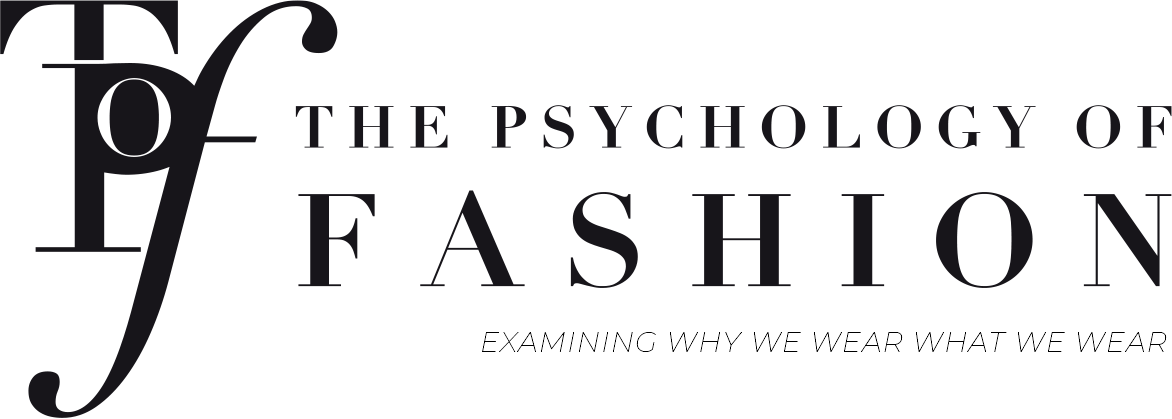Last week, I took part in at Voices of Fashion on Mental Health, a one-day conference held at King’s College, London. In partnership with The Psychology of Fashion, the conference was organized by iCAAD – Europe’s leading conference of behavioural, mental and emotional health, with the core aim of the event being how we best protect both the fashion industry’s creative energy and the mental health of the people working within the sector.
After several discussions among the panellists and the audience, one clear division became apparent. There were those who firmly believed that a body, union or laws needed to be created to safeguard the industry’s mental health. And then there were those that believed mental health was an inside job, and that better understanding of one’s own psychology is the key to better mental health. I was of the latter camp.
The Psychology of Fashion was one of iCAAD’s partners for The Voices of Fashion on Mental Health conference.
Being angry at the system is disempowering and futile. There will always be injustices inherent with any system. One’s own mental health is ultimately their own responsibility because awareness is half the battle, and currently many people are lacking this awareness, and the roadmap to make the right decisions for good mental health. Because ultimately, it’s all about decisions. We as humans are all prone to anxiety and depression, and those in the fashion industry, who on average score higher on neuroticism than those in other fields, even more so. Once you have awareness of the workings of your own sensitive mind, you will make the decisions that lead to better outcomes and bring you away, not towards that dangerous threshold. You’ll prioritize sleep, you’ll stop skipping meals and running on sugar and caffeine, you’ll decline the extra cocktail, the invitation to the party that you know will leade to a cocaine binge, you’ll avoid toxic triggering people, you’ll go see that therapist. You’ll read books that will promote self-confidence and teach you about human dynamics and how to deal with difficult people.
Because most of the people suffering from poor mental health working in the fashion industry, including, formerly, myself, are not doing these things. And there will always be difficult people for as long as the earth keeps spinning. No amount of policing will change that.
Some people took my view to sound like self-blame. But in truth, taking responsibility for your thoughts, emotions and reactions to what happens to you is the only true empowering thing you can really do. I grew up around people that always blamed external sources for their lives - their situations and unhappy feelings were always about the government, their colleagues, their friends, spouses, the city, the country, the neighbourhood, the company where they worked, and so on. Often with people like this, they never look inward. No matter what changes they make, they are still in the same place. They stay miserable and it is awlays someone else’s fault. It all comes down to what psychologists call ‘locus of control’ - the degree to which people believe that they have control over the outcome of events in their lives, as opposed to external forces beyond their control. Unsurprisingly, people who operate from an internal locus of control, who believe they can directly influence their outcomes, fare much better in life in all areas. As such, I have met people in poorer conditions, who have managed to have a happier and positive outlook. Because they choose to see things differently.
Yes, a lot of the industry’s issues are top-down, but those at the bottom can influence outcomes too. Any dynamic is the result of the behavior of both. There are many ways we neglect our personal boundaries and welcome poor treatment. Change always starts with you, meaning each and every one of us in the industry.
In this first video below, I explained how my own behaviour affected my own early fashion experience.
Here, I answer an audience question, and explain why we worship the industry’s mean girls.


